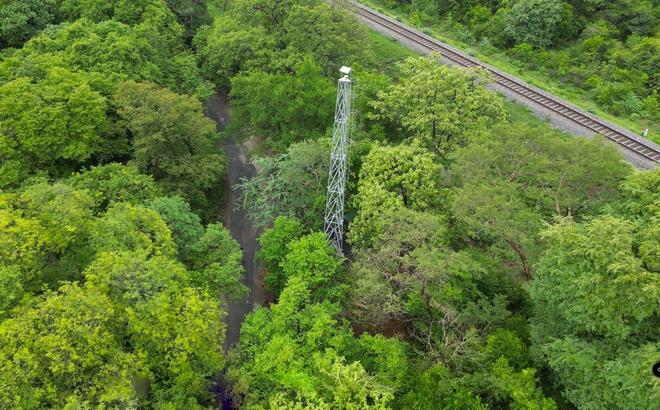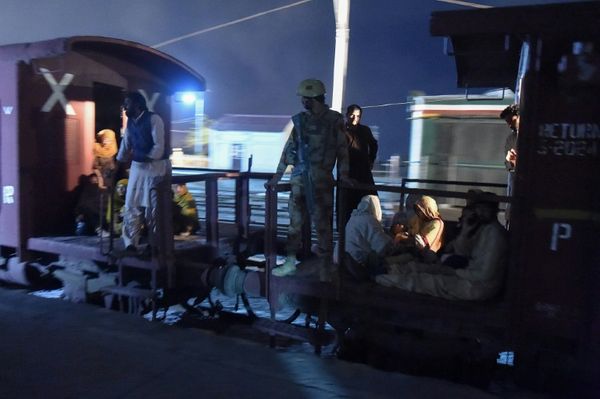Trains cannot be stopped abruptly on sighting elephants crossing the railway track, the All India Loco Running Staff Association (AILRSA) has said.
In a letter to Kerala Forest Minister A.K. Saseendran, the association said that applying the emergency brakes would bring a loaded train to a halt only after a distance of 1.6 km.
Pointing out that the railway tracks were declared protected areas and owners of domestic animals would have to be held punishable for trespassing on the track by their animals, the association said effective measures should be taken by the authorities concerned as regards protecting wild animals from getting hit by trains.
The loco pilots were referring to the May 7 incident near Kanjikode railway station in Kerala where a young adult female elephant was fatally hit by the Thiruvananthapuram-Chennai Mail. This was the second such incident of elephant death in a month in the Walayar range of Palakkad forest division.
Saying that one of the main reasons for jumbo hits was the sudden trespass by elephant/elephants in a hurry to join the herd that had already crossed the track, the association sought to dismiss reports that the loco pilot and his assistant were overspeeding at the time of the jumbo hit.
‘No speed violation’
The incident took place between Kottekkad and Kanjikode railway stations where the permissible speed was 110 kmph and hence, the question of the crew exceeding any restricted speed limit did not arise, the association said.
A speed restriction of 45 kmph at night was clamped at certain distances in the Madukkarai-Ettimadai, Ettimadai-Kanjikode and Kanjikode-Kottekad sections after a joint inspection by the railway and forest department officials.
“Unlike road vehicles, trains are running on permanent track and it is not possible to divert the path of run, on seeing an obstruction on the track. Also, it is not possible to stop immediately as in the case of road vehicles... Hitting of an elephant takes place when the loco pilots are unable to stop the train even by applying emergency brakes. So, prosecution of loco pilots is unjust and is futile in preventing recurrence of elephants [getting hit] by train,” the association said.
Intrusion Detection System
AILRSA central organising secretary V. Balachandran said the Intrusion Detection System announced by the Ministry of Railways last year to prevent the deaths of elephants due to train hits should be implemented as early as possible.
The railways had identified over 700 km of tracks in States like Tamil Nadu, Kerala, Assam, West Bengal and Jharkhand for installing the Artificial Intelligence-enabled system along sections prone to elephant crossings.

As a matter of prevention, subways should be constructed at locations known for elephant crossing. “Subway crosses are safe. Whistling and applying brakes after sighting the elephants will not give desired results,” Mr. Balachandran said.
There was no response from Southern Railway to questions on the status of the implementation of the Intrusion Detection System.
In February, the Tamil Nadu Forest Department launched an AI-based early warning system designed to save wild elephants from getting hit by trains. The system works with the support of camera-mounted towers installed on either side of the railway tracks in the Coimbatore forest division.







